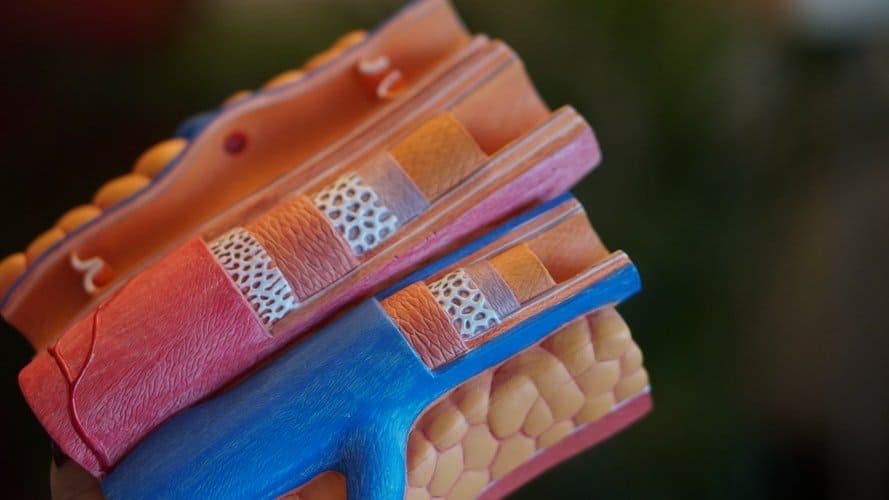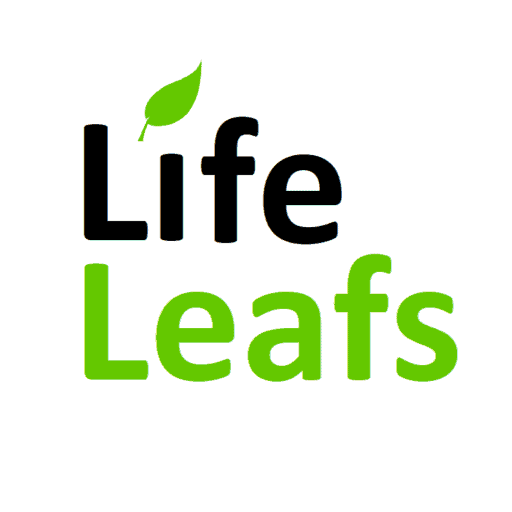Cholesterol is a waxy, fat-like substance that is produced by our liver. Our body also absorbs cholesterol from meat, diary products and other animal foods. It’s vital for the formation of cell membranes, certain hormones, and vitamin D.
Cholesterol is transported through blood stream by lipoproteins which is also produced by liver. The two major forms of lipoprotein are low-density lipoprotein (LDL) and high-density lipoprotein (HDL). If blood contains too much LDL cholesterol (cholesterol carried by low-density lipoprotein), it’s known as high cholesterol. If levels of LDL cholesterol are too high, it can build up on the walls of your arteries. That is why Low-density lipoprotein (LDL) is often called ‘bad cholesterol’. High-density lipoprotein (HDL) is sometimes called “good cholesterol.” It helps return LDL cholesterol to liver to be removed from body. This helps prevent cholesterol plaque from building up in arteries.
There again a different from cholesterol. It’s called Triglycerides another type of lipid. While body uses cholesterol to build cells and certain hormones, it uses triglycerides as a source of energy. When you eat more calories than your body can use right away, it converts those calories into triglycerides. It stores triglycerides in your fat cells. It also uses lipoproteins to circulate triglycerides through your bloodstream. If we regularly eat more calories than our body can use, our triglyceride levels can get high. Increased Triglycerides is a risk of several health problems, including heart disease and stroke.
Why Is Cholesterol Important?
Your blood cholesterol level has a lot to do with your chances of getting heart disease. High blood cholesterol is one of the major risk factors for heart disease. A risk factor is a condition that increases your chance of getting a disease. In fact, the higher your blood cholesterol level, the greater your risk for developing heart disease or having a heart attack. Heart disease is the number one killer of women and men in the United States. Each year, more than a million Americans have heart attacks, and about a half million people die from heart disease
How Does Cholesterol Cause Heart Disease?
When there is too much cholesterol in your blood, it builds up in the walls of your arteries. Over time, this buildup causes “hardening of the arteries” so that arteries become narrowed and blood flow to the heart is slowed down or blocked. The blood carries oxygen to the heart, and if enough blood and oxygen cannot reach your heart, you may suffer chest pain. If the blood supply to a portion of the heart is completely cut off by a blockage, the result is a heart attack. High blood cholesterol itself does not cause symptoms, so many people are unaware that their cholesterol level is too high. It is important to find out what your cholesterol numbers are because lowering cholesterol levels that are too high lessens the risk for developing heart disease and reduces the chance of a heart attack or dying of heart disease, even if you already have it. Cholesterol lowering is important for everyone–younger, middle age, and older adults; women and men; and people with or without heart disease.
What causes increase in bad Cholesterol ?
An unhealthy lifestyle is the most common cause of high “bad” LDL cholesterol or low “good” HDL cholesterol. However, genes that you inherit from your parents, other medical conditions, and some medicines may also cause unhealthy cholesterol levels.
Unhealthy lifestyle habits
Unhealthy habits such as these are a common cause of unhealthy cholesterol levels:
- Eating a lot of foods high in saturated fats or trans fats, which increase “bad” LDL cholesterol. Saturated fats are found in fatty cuts of meat and dairy products. No more than 10% of your daily calories should come from saturated fats. Trans fats are often found in packaged snacks or desserts. Read the label and eat as little food with trans fats as possible.
- Lack of physical activity, such as spending a lot of time in front of a TV or computer. These patterns are linked with lower levels of “good” HDL cholesterol.
- Smoking, which lowers HDL cholesterol, particularly in women, and raises LDL cholesterol.
- Stress, which may raise levels of certain hormones, such as corticosteroids. These can cause your body to make more cholesterol.
- Drinking too much alcohol or binge drinking, which can raise your total cholesterol level.
Lowering bad cholesterol
Lowering cholesterol through diet
- To help you achieve and maintain healthy cholesterol levels you need to limit your intake of foods that are high in cholesterol, saturated fats, and trans fats. Foods that are high in cholesterol, saturated fats, or trans fats include: red meat, organ meats, egg yolks, and high-fat dairy products processed foods made with cocoa butter, palm oil, or coconut oil deep fried foods, such as potato chips, onion rings, fried chicken and certain baked goods, such as some cookies and muffins
- Choose lean sources of protein, such as chicken, fish, and legumes
- Eat a wide variety of high-fiber foods, such as fruits, vegetables, and whole grains.
- Opt for baked, broiled, steamed, grilled, and roasted foods instead of fried foods
- Avoid fast food and junk food.
Along with a nutritious diet that’s low in cholesterol and animal fats, and high in fiber you may need to do some additional activities as below.
- Avoid excessive alcohol consumption.
- Maintain a healthy weight.
- Exercise regularly.
- Don’t smoke.
Get you cholesterol checked regularly and stay healthy !







